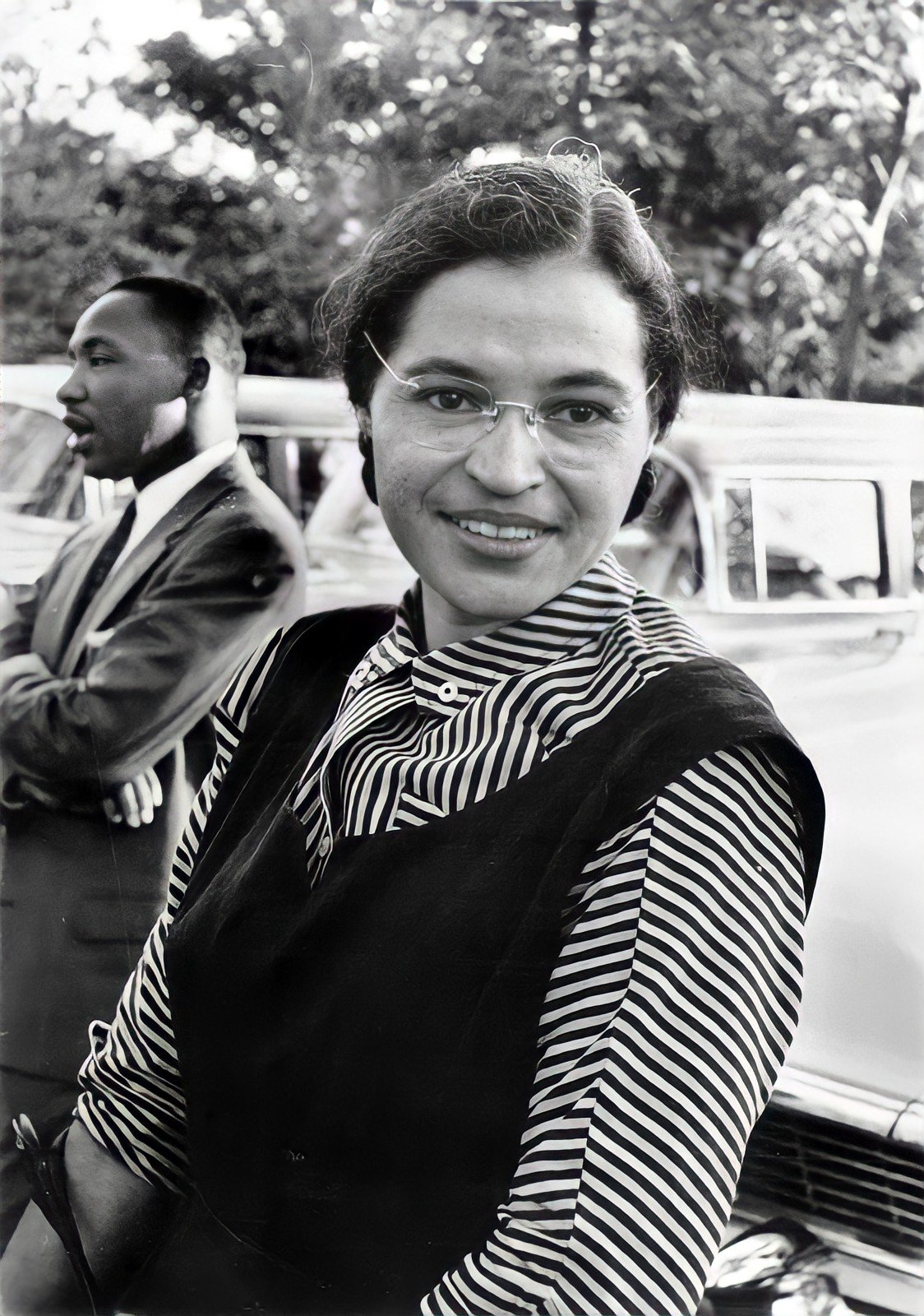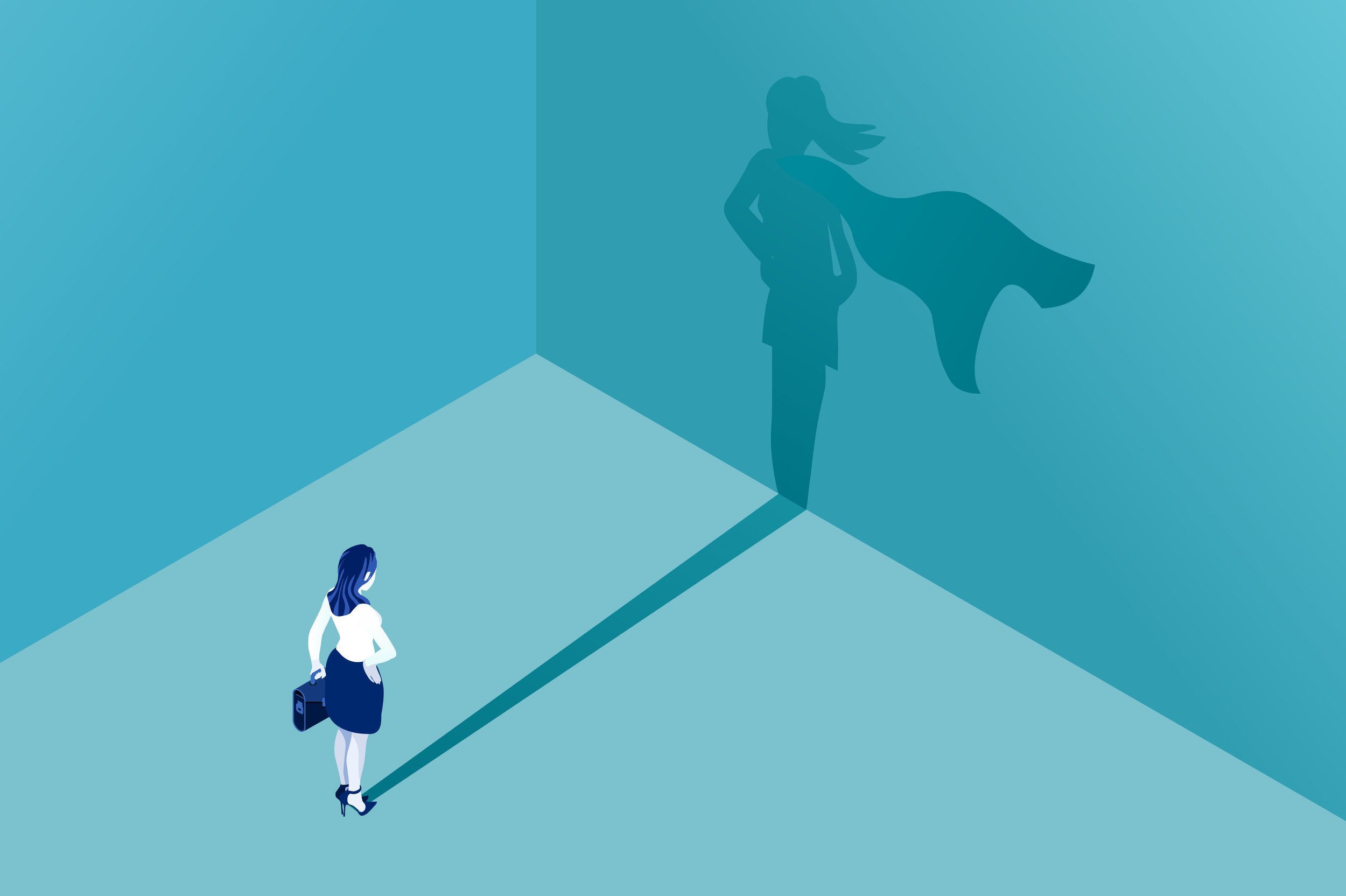Who would you invite to dinner?
You are inviting 10 people to a dinner party. Six of them are people you don’t personally know. They may be famous people or other people whose lives you regard as particularly notable or intriguing in some way. They may be alive or dead and may come from any field of human endeavour. Four of them are people you have personally known. All of them are people you greatly admire.
Who are they? Why did you choose them?
This is one of the thought provoking tasks I was set by a career coach when I was working out what direction I wanted to take (see blog 1). It is the why you chose your guests that is important. What we admire in others says something about us.
One person I want to have at my dinner party is Rosa Parks. Rosa Parks helped initiate the civil rights movement in the US when she refused to give up her seat to a white man on a Montgomery, Albama bus on Thursday 1 December 1955. The front of a Montgomery bus was reserved for white citizens and the seats behind them for black citizens. At one point in Rosa’s bus ride home from work, a white man had no seat because all the seats in the designated “ white section” were taken. The driver told the riders in the first row of the “ coloured section” to stand, in effect adding another row to the white section. Parks refused. She was arrested and released on bail.
On the day of her trial, December 5, 1955, the Montgomery bus boycott began, during which the black population of Montgomery boycotted the buses. The Montgomery Improvement Association (MIA) was formed to manage the boycott and a young (26 years old) Reverend D Martin Luther King Jr was elected the first MIA president. On November 13, 1956, the the Supreme Court ruled that bus segregation was unconstitutional. The Montgomery bus boycott ended December 20, 1956, a day after the Court’s written order arrived in Montgomery.
Over that year Rosa Parks lost her job and experienced harassment. She faced continued harassment and threats on her life and eventually moved with her husband and mother to Detroit. What I did not know until researching for this blog was that in 1999 Parks was awarded the Congressional Gold Medal, the highest honour the United States gives a citizen. When she died at age 92 in October 2005, she became the first woman in the US to lie in honour at the U.S. Capitol Rotunda.
Why do I choose Rosa Parks? Two reasons. One, strong principles or values. Two, courage.
For a girl from Waitakere College, entering and progressing in the legal profession has required courage. Not the amazing, inspiring courage of Rosa Parks. But a smaller, more ordinary type of courage. Definitions of courage include the ability to control fear and the choice and willingness to deal with something that is difficult or uncertain.
I have felt uncertain and slightly fearful so many times in my career - the first time I attended a client meeting on my own, the first time I appeared in Court, the first time I delivered a seminar, the second time I appeared in Court, going to a Bar Dinner and making conversation with a bunch of senior lawyers and judges, the third time I appeared in Court…… I think you have the idea. I have become much better at all of these things, or at least better at being less fearful about them, but I can easily recall the unease. Looking back, I have learnt the following about stepping out with courage.
1. I was quite intentional about not letting the fear of doing something stop me from doing it, within reason. I knew that if I wanted to progress, I had to be willing to step up and do things I had not done before. As the saying goes: “experience is what you get just after you need it”. I realised that while not having done something before meant I felt like I was not ready to do it, that did not mean I was not ready to do it. If I’d wanted a job where I did the same thing each day, I shouldn’t have gone to Law School and probably not to University at all. New experiences offer opportunities for growth, enable us to be proud of our achievements and make life interesting.
2. I had to find my own capacity for difficulty and uncertainty. I ended up overwrought and on a short period of sick leave when I had a role that involved me having to go to Court for a partner that ran his cases very differently to how I would. Being directed to take meritless points and argue positions that I considered hopeless was bad for my mental health. I avoided instructions from that person and ultimately left that role. I could cope with a measure of difficulty but that not much.
3. I no longer think that everyone else knows what they are doing and I don’t. And not just because I now have a lot more experience. Law is a profession that throws up new and different tasks very frequently. This is certainly the case in litigation but I suspect applies pretty much across the board. Everyone in the profession has had to do everything a first time. Some appear so confident, it seems they never feel apprehensive, but lots of us do.
4. I got better at acknowledging the benefit in the apprehension I felt. I have been told I have an over-active self-critic. While I wish it would take a back seat more often, I have to acknowledge I am very unlikely to have got where I am without it. It works well for me now to realise when it is speaking, acknowledge the role it plays in helping me to do well but also resist the overly negative voice.
5. A mistake is not the end of anything. In New Zealand, we are too quick to focus on mistakes – our own and others’. No one is perfect. I recently read a great quote: ‘forget the mistake but remember the learning.’ I try to do that but more often I acutely remember both. And I am a better lawyer for that.
One more thing to say about courage. I have not had to find the courage to stand up to, or speak up about, a male lawyer assaulting or harassing me. I greatly admire the courage of the women in the profession who have. Beginning with the Russell McVeagh summer clerks and junior lawyers but extending to all the female lawyers and legal executives who have spoken up and shone a light on sexual harassment in the profession. I can only imagine how difficult it must be to speak out and hope it does not affect your relationships with your colleagues or your career. I acknowledge and applaud the courage shown by these women.
The courage shown by these women is more analogous to that shown by Rosa Parks. I doubt Rosa Parks knew the impact that her refusal to give up her bus seat would have. In her autobiography she said: “People always say that I didn’t give up my seat because I was tired but that isn’t true. I was not tired physically… No, the only tired I was, was tired of giving in”. I don’t think she intended to become a hero of the civil rights movement. But she did, by exercising the courage to live by her values.
On another subject matter, a PS to blog 2: Checo has come first and second in the two F1 races since Melbourne and is currently second in the drivers’ championship!



